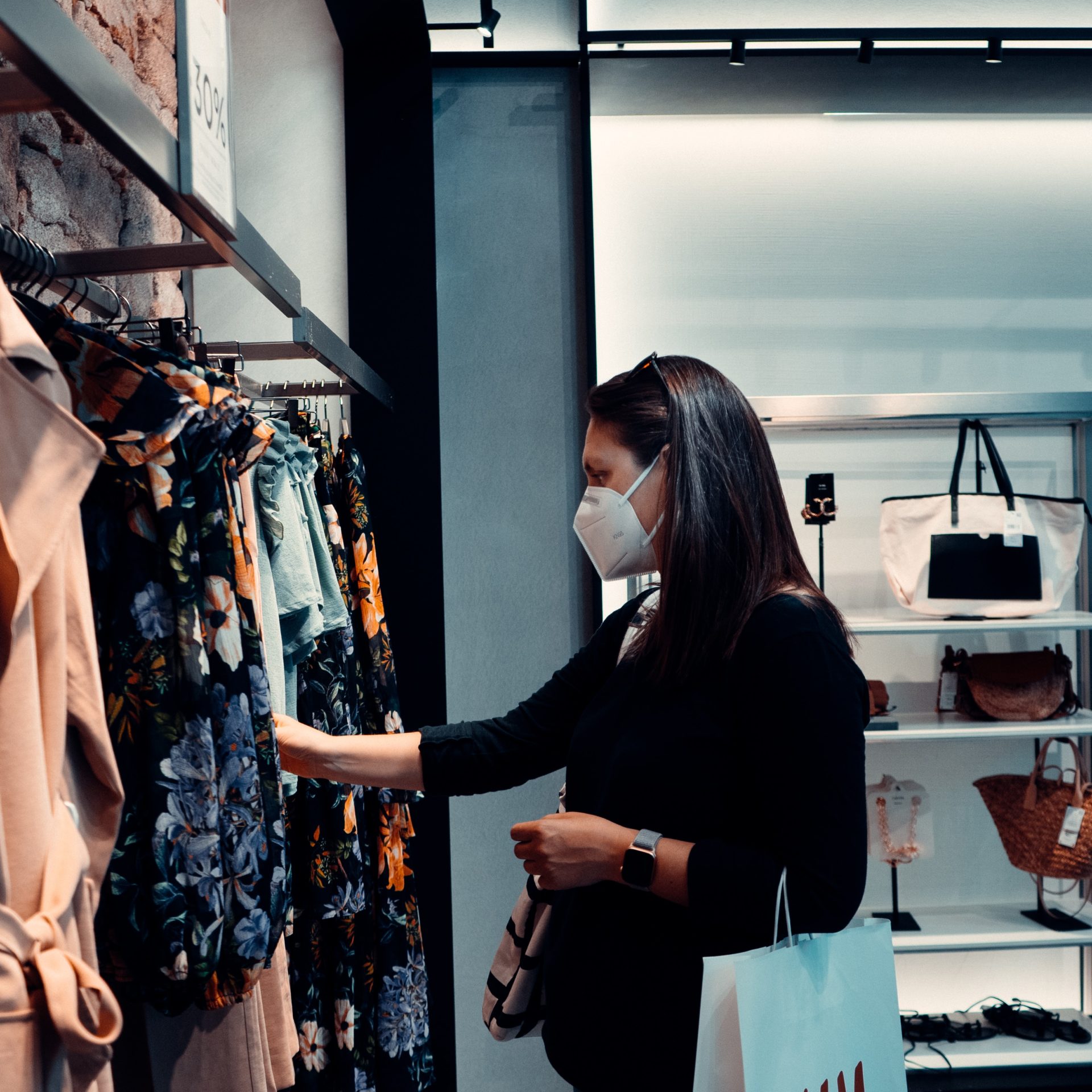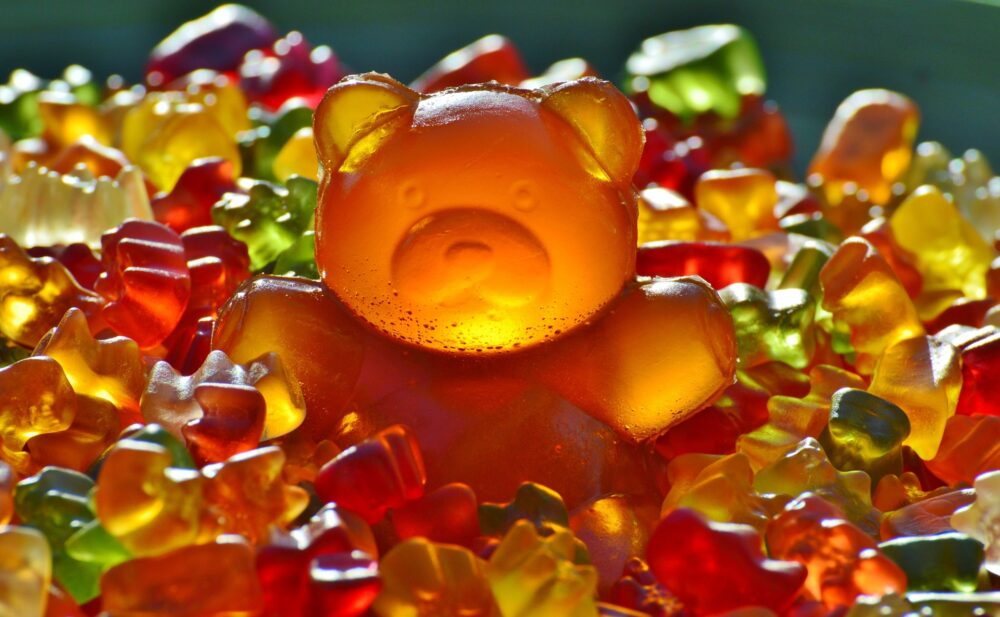The orderly lockdown will be followed by a disorderly return to competition
The word on everyone’s lips right now is restart. But what does restart mean and how do we do it?
Lockdown was binary: total, immediate, absolute. Restart, conversely, will be gradual, fragmented and potentially reversible.
Yes, the word on everyone’s lips is restart. And if you haven’t already, how will you get back in the game?
My observation, talking with clients, reading data, news, social media posts and experiencing my own community, is that restart means a return to competition.
Shops are re-opening and so are market-share-stealing special offers. The social contract of the lockdown is dissolving. Parks are refilling. Tutting has returned. We’re getting used to doing business over the internet. Questions swirl about who will pay for all this. Political disagreement has reignited. Sport has returned to our screens. Marketing is back.
As it happens, we’re not entirely comfortable with a return to competition. It concludes the only uplifting part of lockdown; where we’re all in this together. Self-interest must return because we can’t survive without it.
From mass compliance, restart re-awakens our hibernating individualism, making restart disorganised and unpredictable. That’s why everyone’s talking about it.
Removing choices created certainty. Returning choice creates uncertainty.
Governments closed the economy to keep us safe. Across most sectors, businesses and consumers had no choice but to stop transacting. There was one benefit: We avoided difficult choices such as to open or not or to try and shop or not. It was simple: Stay at home. Save lives.
At different rates across the world governments are carefully unlocking their economies. As they do, they turn on choice. And choice means one thing: Competition for selection.
Covid-19 reshaped our outlook on what we want and need. This impact how and what we choose during restart which then changes the nature of the competition to be selected. What do we know so far?
- Our UK and US data show people are very worried about hygiene standards when re-entering the physical (offline) aspects of the economy, to transact or to work
- Many consumers claim they’ll return to shops, cafes, bars, public spaces only when they’ve been proven safe
- Across many categories, a quarter of pre-lockdown buyers claim to plan to go back places like gyms “only if I absolutely have to”
- Shops and restaurants can only implement safety measures by sacrificing sales intensity and bearing the increased costs of keeping employees safe. If they can’t foresee breakeven, is it worth it?
- If businesses do, or do not, reopen are their brands damaged? Will moves to restart inadvertently help competitors?
- The value of doing nothing is just as hard to calculate as doing something, confounding decision-makers the world over
- Not only has Covid-19 changed our attitudes to how and where we work, millions of those recently at work are now furloughed or unemployed. Even though infection fears persist, competition for work will be unprecedented
- Will flexible risk-takers scoop-up employment opportunities ahead of people unable or unwilling to accept businesses’ urge to push risks and costs their way?
New behaviours, new skills.
During lockdown our data shows in lockdown consumers have been life-hacking: improvising solutions to tasks we previously paid to solve. We’ve been teaching ourselves new beauty techniques and DIY skills, exercising in the living room or home-schooling our children.
As Confucius might have said, teach a fella to rewire his garage and he’ll never need to pay a sparky again.
- Months of forced change have reinforced new behaviours in different ways across all sorts of categories
- However, consumers have enjoyed the empowerment and cost savings of hacking and plan to spend less after lockdown across many categories
- Fintech apps have seen once-broke millennials storing up savings from not commuting or dining in now-closed eateries
- Despite the apparent opportunity, food delivery companies have had to compete with a resurgence of grocery-shopping and home cooking as once time poor / cash rich families became time rich and increasingly concerned about their disposable incomes
As we restart businesses and brands will face new needs and buyer dynamics. They will have to listen and adapt or risk being losing out in the emerging competition.
Talk to the new me, not the old me.
When consumers return, they will follow the brands that speak to them. This means some brands will do better than others based on how they communicate and engage with consumers.
Some will make huge blunders. At the start lockdown our UK data showed self-serving Sports Direct and Wetherspoons were considered the villains. Tesco and Costa were the heroes, championing employees and the NHS respectively.
Across world, there will be new heroes and villains in the restart. What will distinguish them?
- Our data shows consumers do not want to see adverts containing conspicuous consumption, well-meaning inauthentic celebrities, certainly not out-of-touch footballers
- No images of large crowds or people on lavish holidays, thank you very much
Consumers want acknowledgment and attainable imagery. Like a happy family enjoying time together. In lockdown, this is the best anyone can ask for. But what if a brand’s advert, paused in February, featured Ronaldo on a beach? Then that advert can’t go out.
Our data also shows during restart consumers are prepared to accept social distancing and precautionary measures that add inconvenience. But they also claim they will switch brands if they see long or crowded queues or feel service and range have significantly deteriorated.
- Data shows fashion stores and entertainment parks will suffer the greatest headwinds (vs. dentists and hairdressers) given consumers are trading-off the risks and rewards different types of essential vs. discretionary purchases
- These concerns are not uniform across categories or demographics
Brands will face unique communication and operational choices stimulating and serving demand.
From unity to division
When we face a common threat, we unify. As Covid 19 recedes our unity fades; individualism replaces collectivism. We already see opinion on hot topics dividing groups. One example is footing the bill for the pandemic.
- Our data suggests the public in the UK and US favour first recovering pandemic costs from tax avoiding companies and individuals
- Least popular is cuts to children’s education
- The population would rather cut spending on the arts and overseas aid before defence spending or increases in personal income tax
How to pay for Covid 19 is already becoming a powerful political resource as adversarial politics returns.
The cost of living
The one constant during lockdown for both people and businesses are the fixed cost of existence: mortgages, rents, food, insurance, overheads. This fuel the urgency to restart for everyone.
- The taxpayer cannot fund the augmented reality of instant grants, mass furloughing, payment holidays and targeted generosity indefinitely
- People made redundant desperately need to go for interviews as a first step in re-finding employment
Disorderly competition, our old friend
If we were equally locked-down, ending lockdown reveals just how different the restart positions of brands, businesses and people actually are. Some are well placed and well prepared. Some neither. Either way restart means a return to competition as means of survival.
But like a city whose traffic lights are turned on district by district, it will be a disorderly restart creating volatile, unpredictable competition where risks and opportunities are greatest.
Yes, the word on everyone’s lips is restart. And if you haven’t already, how will you get back in the game?
This article was originally published in Ambition.






